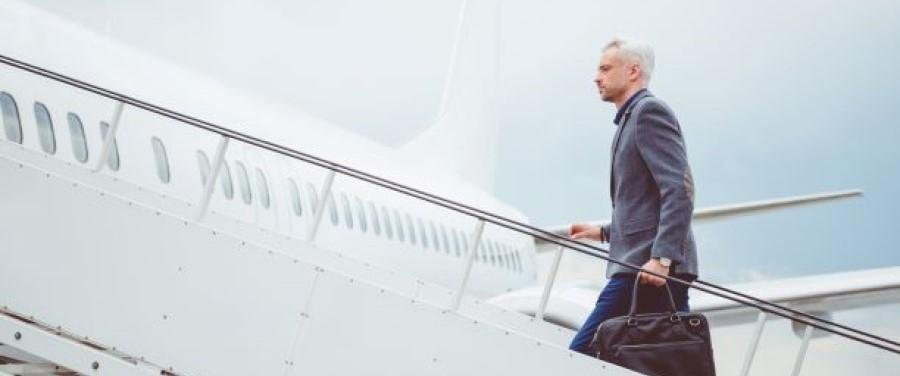The Netherlands: gradual lifting of travel ban for non-EU citizens as of July 1, 2020 (COVID-19)

EU heads of government recently decided to gradually allow travelers from outside the European Union to again enter the Schengen area and the other EU countries. However, each Member State is applying the agreements at its own discretion. As of July 1, 2020 the Netherlands will no longer maintain the travel ban for citizens of the following 14 countries: Algeria, Australia, Canada, Georgia, Japan, Montenegro, Morocco, New Zealand, Rwanda, Serbia, South Korea, Thailand, Tunisia and Uruguay. The travel ban for Chinese citizens will be lifted as soon as China again allows EU citizens to enter the country.
‘Citizens’ not only refers to people with the nationality of these countries, but also those with another nationality who have continuous residence in those countries. Continuous residence means that someone may stay somewhere longer than three months.
In order to further facilitate travel to the Netherlands, the Netherlands will resume consular services (granting of visas) in these countries where possible.
In addition to citizens from these 14 countries and all permitted essential travel, the following people will also be allowed to enter the country:
- holders of a valid passport or a valid residence permit from the EU or from one of the Schengen countries, and their family members;
- holders of a valid Dutch residence document;
- individuals in possession of a valid temporary residence permit (machtiging tot voorlopig verblijf; MVV);
- individuals who come to the Netherlands to study (higher vocational education (HBO), university), as well as their family members;
- highly skilled migrants (also including holders of an EU blue card, an intra-corporate transfer or researchers) who have already been granted a residence permit and for whom it is not possible to work remotely and the work cannot be postponed;
- family members of a highly skilled migrant;
- family members of a Dutch sponsor (partner, spouse, children).
Highly skilled migrants and students, as well as the abovementioned family members, from countries that do not appear on the list of safe countries, must travel directly to the Netherlands and are strongly advised to self-isolate for 14 days upon arrival. That same advice also applies to Dutch citizens or people with a valid residence permit who return from one of these countries.
They must also be in possession of the following documents before their departure to the Netherlands:
- a completed and signed health declaration. If this shows that they have an increased risk of COVID-19, they will not be allowed to board their flight. Passengers must hold onto the declaration until after their arrival at Schiphol;
- for highly skilled migrants: the letter stating that they will be granted a residence permit (notification). And a written statement from the employer stating that their work requires them to be present in the Netherlands and why. The statement must also include why it is not possible for the highly skilled migrant to come to the Netherlands at a later date;
- for students: the letter stating that they will be granted a residence permit (notification).
- for family members of highly skilled migrants or students: if they do not travel together, a copy of the notification;
- for family members of a sponsor: the letter stating that they will be granted a residence permit (notification) and official documents proving the familial relationship.
In addition, non-medical face masks must be worn from the time a person boards the plane until all the arrival procedures are completed.